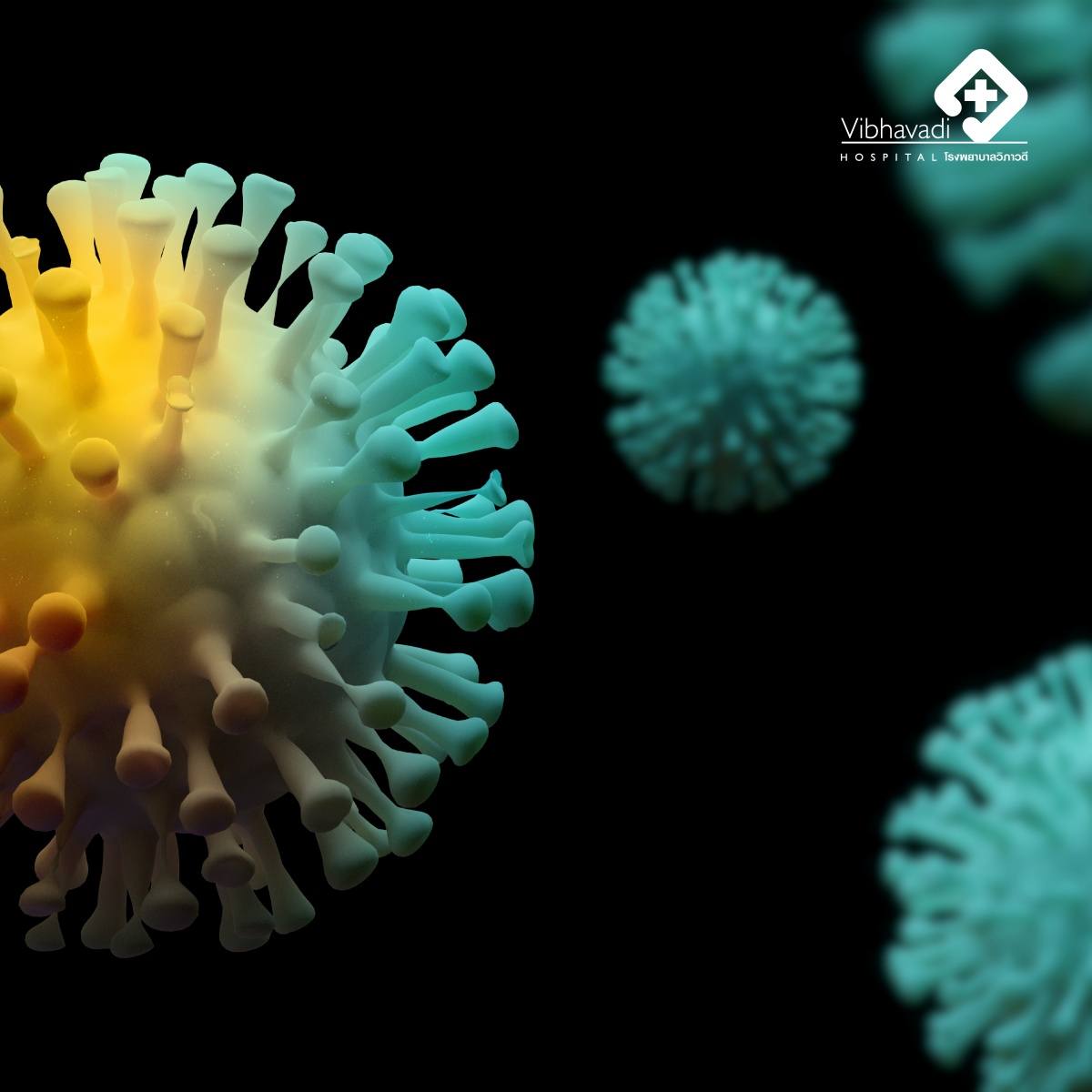The Growing Threat of Childhood Illnesses
The Growing Threat of Childhood Illnesses
Most parents today desire for their children to be smart and to excel in school. As a result, modern parents tend to prioritize their child's cognitive development over their physical health, which can lead to neglect of the latter. Children are particularly vulnerable to illnesses because their immune systems are not as strong as adults'. Going to school or daycare puts them at risk of catching and spreading infectious diseases, such as HFMD. This is an especially concerning issue for parents whose children are in the age range where they are more likely to become infected. Although many of these illnesses may not be serious, they still have an impact on a child's health and growth. Recent statistics demonstrate an increasing severity of illnesses in children; according to the World Health Organization, more than half of all deaths in children under the age of 5 worldwide are caused by infectious diseases such as pneumonia and diarrhoea. These are particularly prominent in developing countries in the Asia-Pacific and Africa, and can even be life-threatening.
Therefore, adhering to these seven baby rearing principles will ensure your baby stays healthy, rarely falls ill, and is able to attend school with joy and security from various ailments.
1. To build basic immunity for the baby since birth, breastfeeding is recommended for as long as possible (at least 6 months). During the first two weeks, the mother should provide colostrum, a thick, yellowish milk that contains complete nutrients and immune antibodies. When the child grows older, they should eat meals that include all five food groups - carbohydrates, proteins, fats, minerals, vitamins and enough water to meet their body's needs - with an emphasis on cleanliness, sterility and non-toxicity.
2. To maintain health, it is important to avoid cigarette smoke, which can irritate the respiratory tract and increase the risk of respiratory diseases such as pneumonia, bronchitis and otitis media.
3. Good hygiene is necessary, including washing hands before and after eating, covering the mouth and nose when coughing or sneezing, teaching children not to put their hands in their mouths or hold unclean things, and brushing teeth regularly.
4. Regular exercise and avoiding overcrowded, poorly ventilated places are also recommended.
5. For optimal health, children should get enough rest and sleep, and their bodies should be kept warm. Sleep deprivation can weaken the immune system and lead to fatigue.
6. Vaccinations should be administered according to age criteria in order to protect the child from various diseases. Parents should consult with their child's pediatrician about which vaccines are necessary.
7. If a critical illness arises, a physician should be consulted and the doctor's advice should be followed. Parents should also learn about self-care and various diseases, such as understanding symptoms, signs and treatment guidelines, in order to ensure their child's health and prevent sickness.
Best Wishes
Dr. Pranee Sitaposa
Pediatrician who specializes in Infectious Diseases at Vibhavadi Hospital















